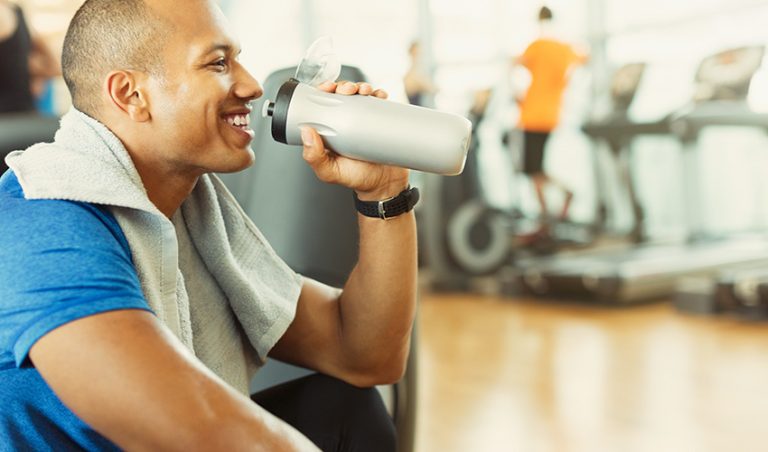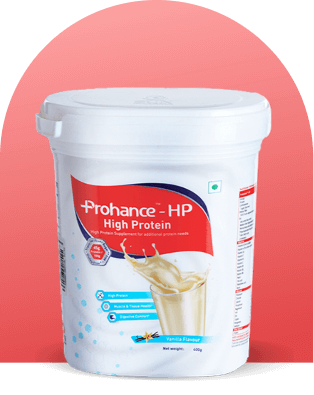
Diet and nutrition play a crucial role even after a heavy workout. Weight loss success is related to the 70/30 rule. That means weight loss is 70% the food you eat and 30% your exercise.
Have you ever been mindful of your post-workout meal just like you are with its pre-workout counterpart? This is because consuming the right nutrients after exercise is just as important as what you eat before. To let you optimise your nutrition levels after a workout, we have come up with a guide. The guide discusses what to eat after a workout, the key nutrients to consume after exercising, and when to consume these nutrients.
While working out, the muscles consume all the glycogen in the body (the preferred fuel source). Due to the depletion of glycogen, the proteins in the muscles can break down or get damaged. Once you have finished your exercise routine, your body restores the glycogen and repairs the muscle proteins. The fast recovery and repair of these proteins and muscles are only possible when you get the proper nutrition.
Try the Nutrition Calculator to get detailed insight on your daily meal
There is a prevalent myth that the body uses the carbs and fats already stored in it during a workout rather than from foods you have recently consumed. Research says that no significant differences in body composition exist between people who eat or do not eat before exercising.
Post-exercise recovery is an indispensable part of every workout routine. If your recovery is apt, your body will also be saved from the detrimental effects of overtraining. So, your fitness professional must devise an appropriate post-training recovery program for you, depending on your workout routine and fitness goals. Moreover, you need to rely on certain nutritional strategies, such as why, when, and how many nutrients to consume to optimise your recovery.
Macronutrients such as carbs, fats, and protein play a predominant role in the body’s recovery process post-workout.
As mentioned already, the state of exercising involves the breakdown of muscle protein. And the rate of breakdown depends on the type of workout you are doing along with your training level. If you consume the right amount of protein after a workout, your body will consume those amino acids and repair and rebuild your muscles. The recommended dose of protein after a workout is 0.14–0.23 grams per pound of body weight.
Carbs are the primary source of fuel your body uses during exercise. The rate at which they are consumed will depend on the type of physical activity. Consuming carbs after exercising will help replenish the used glycogen stores. If you engage in activities such as strength training that require physical strength, you will need more carbs before and after exercise.
Research confirms that intaking 1.1–1.5 grams of carbs per kg of body weight within half an hour of exercise helps in proper glycogen resynthesis.
There is a misconception that fats are bad. The reality is while some fats are good and healthy, others are bad. Good fats include polyunsaturated and monounsaturated fats that generally come from fish, vegetables, nuts, and seeds. On the other hand, bad fats are trans fats present in products like margarine and vegetable shortening.
When it comes to post-workout recovery, fats might slow down your post-workout meal’s absorption, but they cannot alter its benefits. However, it’s wise to limit the amount of fat after exercise.
Vitamins are of two types – water-soluble (vitamins B and C) and fat-soluble (vitamins A, D, E, and K). They are required for post-workout recovery. While vitamin A supports protein synthesis, vitamin C boosts collagen production and eventually strengthens joints to handle heavyweights. B-complex vitamins help produce energy that is used for muscle repairs.
The body quickly acts to rebuild protein and glycogen after you exercise. This is why you should consume the required nutrients as soon as possible after your workout sessions. It is recommended to eat a post-workout meal within 45 minutes of exercise.
Consult Now & get personalized guidance to improve your health and wellbeing
Your after-workout food must be a combination of carbs, proteins, fats, and micronutrients. Given below is a list of foods you should eat after every bout of exercise:
It is crucial to drink enough water after a workout. Your body requires more water as it loses it while sweating. Replenishing the lost water and electrolytes will allow for efficient recovery.
Proteins, carbs, fats, and micronutrients are essential to consume after every workout session to help your body make an optimal recovery. For this reason, eat healthy fats like nuts and fatty fish and carbs like whole grains. To counteract the protein breakdown during exercise, it is recommended to eat high-quality protein post-workout.
You can count on Prohance HP – a specially formulated high protein powder that not just meets your daily protein requirement but also helps your body meet other nutritional needs. With 45 grams of high-quality whey protein, pre-biotic fibres, and 23 vitamins and minerals, this sugar-free protein supplement provides high energy levels during fatigue. It allows for faster recovery after exercise, illness, or surgery.
Disclaimer: This blog/publication/editorial/article is meant for awareness / educational purposes and does not constitute or imply an endorsement, sponsorship, or recommendation of any Products. Please consult your doctor/healthcare practitioner before starting any diet, medication, or exercise.
